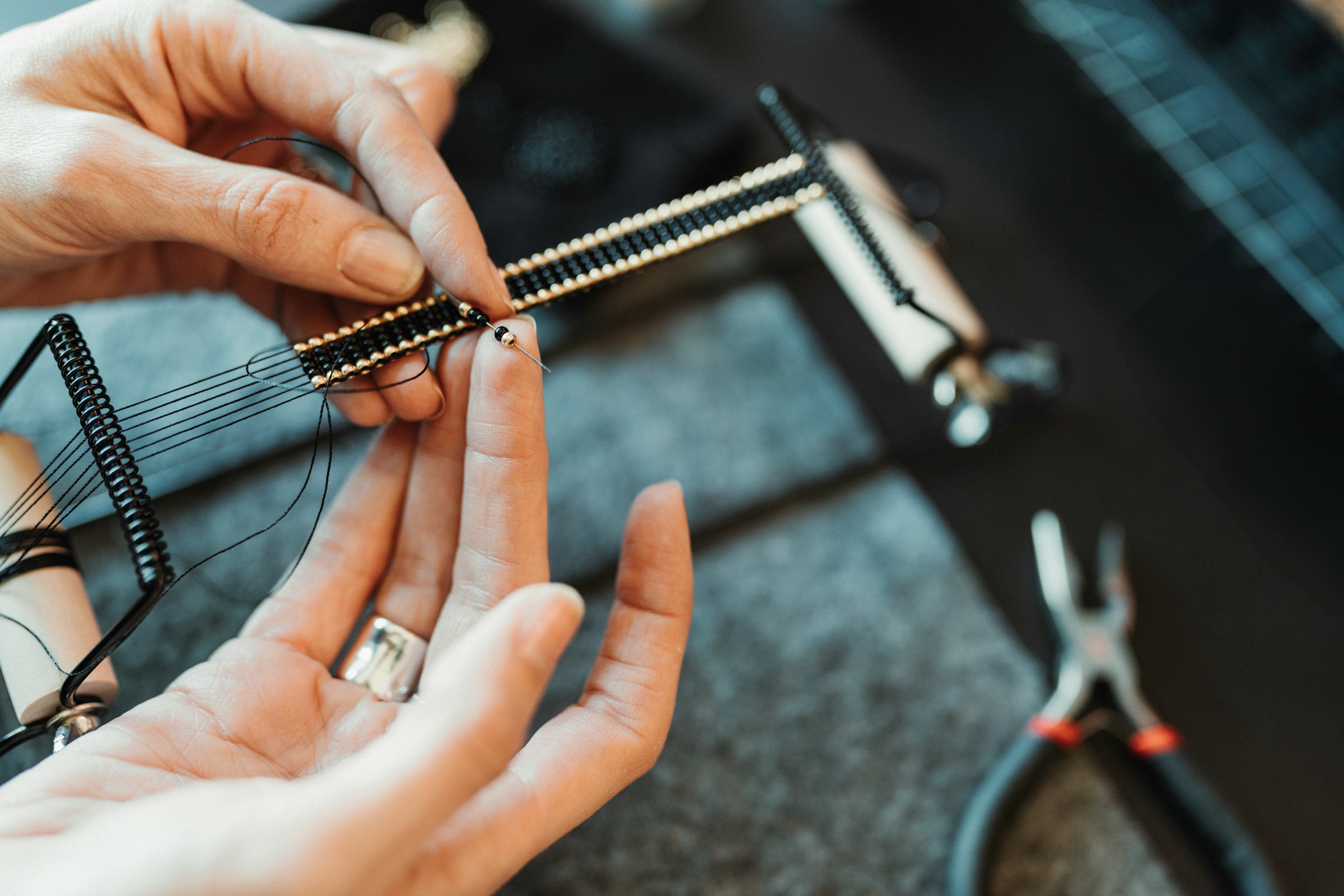Hobby Income
If you have income from sources other than your main job, how do you know whether it’s income from a business or hobby? The distinction between the two makes a big difference in your taxes. Look at the following nine factors when making the determination. Do you:
1. Operate in a businesslike manner? Do you keep accurate books and records? If so, you are more likely to have a business than a hobby.
2. Have expertise in the area or hire experts? If you have expertise or hire an expert, this is evidence of a business, rather than a hobby.
3. Devote a significant amount of time and energy to the activity? The more time you spend on the activity, the more likely it’s a business.
4. Expect that assets increase in value? If so, then it is likely a business.
5. Have other, similar businesses? If you have several similar activities that you treat as businesses, this activity will likely be treated that way too.
6. Have a history of profits? Too many years of losses increases the likelihood that an activity is a hobby.
7. Have large profits? If you make large profits, it is more likely a business.
8. Have other substantial income or capital from other sources? If so, that is an argument for hobby treatment.
9. Get personal pleasure or recreation from the activity? If you participate in the activity for fun, hobby treatment is more likely.
Your hobby income is taxable, but hobby expenses are limited; you can only deduct the cost of goods sold (the cost that you incur in acquiring or manufacturing your product). For example, if your hobby is making jewelry, the cost of goods sold would include the beads and other products that you purchase to make the jewelry, but not the equipment you use to make the jewelry.
You aren’t on your own figuring this out. Come see me to walk through these factors, and I’ll help you make the right determination for your tax situation.

Photo: Kelly Sikkema – Unsplash